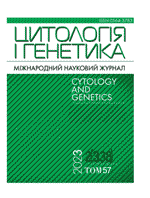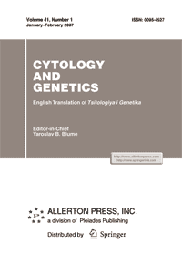Agricultural biotechnology is being rapidly adopted as evidenced by the acreage of genetically modified (GM) crops planted and tonnes of product (grain and fiber) harvested. Concurrent with this technological progress, is a growing concern that the world’s biological diversity is coming under increasing threat from human activities. As such, ecological risk assessment approaches are being developed for GM crop plants as international agreements regulating the transboundary movements of these products are being implemented. This paper reviews the ecological risk assessment approach that has been used to date to approve GM crops to date. The process has been case-by-case, using a comparative, science-based approach balancing the potential risks and benefits of the new technology versus those present with the currently accepted practices. The approach used to evaluate and approve these products is consistent with the conditions and requirements outlined in the Cartagena Protocol.
Keywords:

